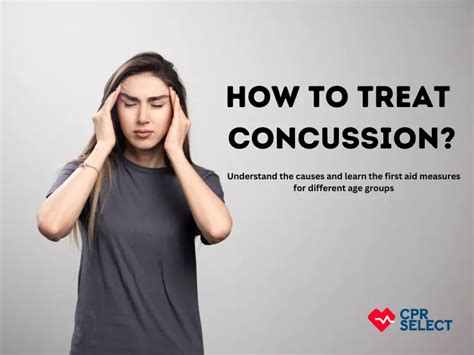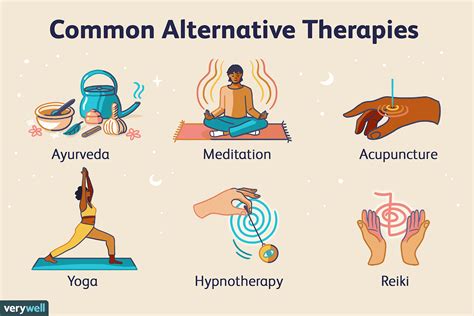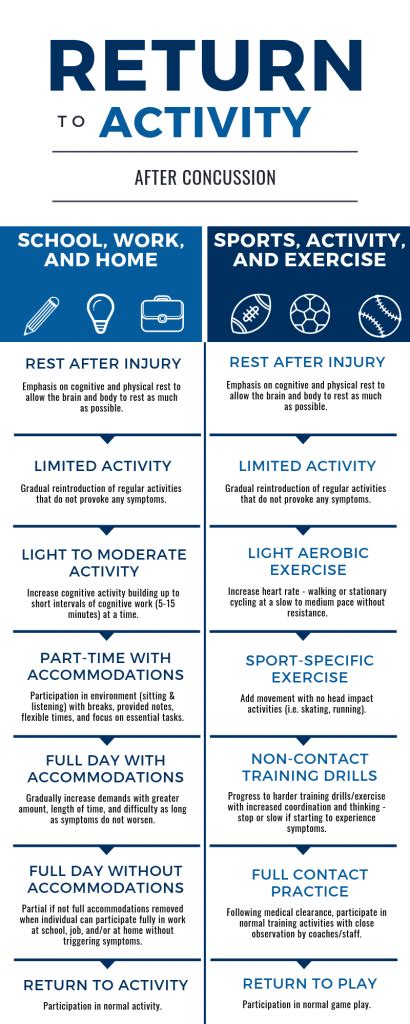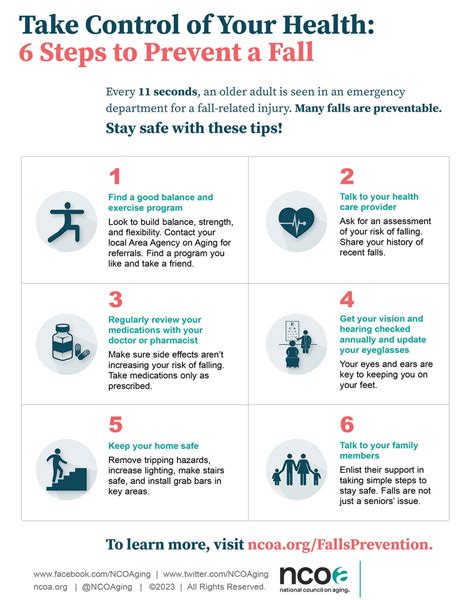Intro
Concussions have become a significant concern in the medical community, particularly in the context of sports and physical activities. The importance of understanding and addressing concussions cannot be overstated, as they can have severe and long-lasting effects on an individual's cognitive, emotional, and physical well-being. In recent years, there has been a growing awareness of the need for proper diagnosis, treatment, and management of concussions, and this article aims to provide a comprehensive overview of the current state of knowledge on this topic.
The prevalence of concussions is a significant public health concern, with millions of people experiencing a concussion each year. The consequences of concussions can be far-reaching, affecting not only the individual but also their family, friends, and community. It is essential to recognize the signs and symptoms of a concussion, which can include headaches, dizziness, confusion, and difficulty concentrating. If left untreated or mismanaged, concussions can lead to chronic traumatic encephalopathy (CTE), a degenerative brain disease that can cause memory loss, depression, and anxiety.
The medical community has made significant progress in understanding the pathophysiology of concussions, and this knowledge has informed the development of evidence-based treatment protocols. The treatment of concussions typically involves a multidisciplinary approach, incorporating medical, psychological, and rehabilitative interventions. It is crucial to seek medical attention immediately after a concussion, as prompt treatment can significantly improve outcomes and reduce the risk of long-term complications.
Treatment Options For Concussions

The primary goal of concussion treatment is to alleviate symptoms, promote recovery, and prevent further injury. The treatment approach typically involves a combination of rest, rehabilitation, and medication. Rest is essential in the acute phase of a concussion, as it allows the brain to recover from the injury. This may involve avoiding physical and cognitive activities, such as school or work, and minimizing screen time. Rehabilitation may include physical therapy, occupational therapy, and speech therapy, depending on the individual's specific needs. Medications may be prescribed to manage symptoms such as headaches, sleep disturbances, and anxiety.
Rest And Recovery
Rest and recovery are critical components of concussion treatment. The brain needs time to heal, and engaging in physical or cognitive activities too soon can exacerbate symptoms and prolong recovery. The duration of rest and recovery varies depending on the individual and the severity of the concussion. In general, it is recommended that individuals avoid physical activity for at least 24 to 48 hours after a concussion and gradually return to activity over a period of several days to weeks.Rehabilitation And Therapy

Rehabilitation and therapy play a vital role in the treatment of concussions. Physical therapy can help improve balance, coordination, and strength, while occupational therapy can assist with daily activities, such as bathing, dressing, and cooking. Speech therapy may be necessary for individuals experiencing communication difficulties, such as trouble speaking or understanding language. Cognitive therapy can help address problems with memory, attention, and concentration.
Cognitive Rehabilitation
Cognitive rehabilitation is a type of therapy that focuses on improving cognitive function, such as attention, memory, and processing speed. This can be achieved through various techniques, including cognitive training programs, compensatory strategies, and environmental modifications. Cognitive rehabilitation can be particularly helpful for individuals experiencing persistent cognitive symptoms after a concussion.Medications And Supplements

Medications and supplements may be prescribed to manage symptoms associated with concussions, such as headaches, sleep disturbances, and anxiety. Over-the-counter pain medications, such as acetaminophen or ibuprofen, can help alleviate headache and pain symptoms. Sleep aids, such as melatonin, can assist with sleep disturbances. Anti-anxiety medications, such as benzodiazepines, may be prescribed for individuals experiencing anxiety or agitation.
Nutritional Supplements
Nutritional supplements, such as omega-3 fatty acids, vitamin D, and magnesium, may be recommended to support brain health and promote recovery. Omega-3 fatty acids, in particular, have been shown to have anti-inflammatory properties and may help reduce symptoms of depression and anxiety. However, it is essential to consult with a healthcare professional before taking any supplements, as they can interact with medications and have adverse effects in certain individuals.Alternative Therapies

Alternative therapies, such as acupuncture, massage, and mindfulness-based interventions, may be used to complement traditional treatments for concussions. Acupuncture, for example, has been shown to reduce symptoms of pain, anxiety, and depression. Massage therapy can help promote relaxation and reduce muscle tension. Mindfulness-based interventions, such as meditation and yoga, can assist with stress management and improve overall well-being.
Mindfulness-Based Interventions
Mindfulness-based interventions can be particularly helpful for individuals experiencing emotional and psychological symptoms after a concussion. These interventions focus on promoting awareness and acceptance of the present moment, reducing stress and anxiety, and improving emotional regulation. Mindfulness-based interventions can be adapted to meet the individual's specific needs and can be practiced in conjunction with other therapies.Return To Play And Activity

Return to play and activity is a critical aspect of concussion management. The decision to return to play or activity should be made in consultation with a healthcare professional and based on the individual's symptoms and medical history. The return to play protocol typically involves a gradual progression of physical activity, starting with light aerobic exercise and gradually increasing intensity and duration.
Gradual Return To Play
A gradual return to play is essential to prevent further injury and promote safe recovery. The return to play protocol should be tailored to the individual's specific needs and should include regular monitoring of symptoms and cognitive function. It is crucial to prioritize the individual's safety and well-being over the desire to return to play or activity.Prevention And Education

Prevention and education are critical components of concussion management. Educating individuals, particularly athletes and coaches, about the risks and consequences of concussions can help prevent injuries and promote safe play. Proper helmet fitting, rule changes, and enforcement of safety protocols can also help reduce the risk of concussions.
Concussion Education Programs
Concussion education programs can help raise awareness about the risks and consequences of concussions and promote safe play. These programs should include information on concussion symptoms, diagnosis, treatment, and prevention, as well as strategies for reducing the risk of concussions. Concussion education programs can be tailored to meet the specific needs of different populations, such as athletes, coaches, and parents.What are the symptoms of a concussion?
+The symptoms of a concussion can include headaches, dizziness, confusion, difficulty concentrating, and memory problems. Other symptoms may include nausea, vomiting, sleep disturbances, and irritability.
How long does it take to recover from a concussion?
+The recovery time from a concussion can vary depending on the individual and the severity of the injury. Most people recover within 7-10 days, but some may take longer. It is essential to follow a healthcare professional's guidance and avoid physical and cognitive activities that can exacerbate symptoms.
Can concussions cause long-term damage?
+Yes, concussions can cause long-term damage, particularly if they are not properly treated and managed. Repeated concussions can increase the risk of chronic traumatic encephalopathy (CTE), a degenerative brain disease that can cause memory loss, depression, and anxiety.
In
